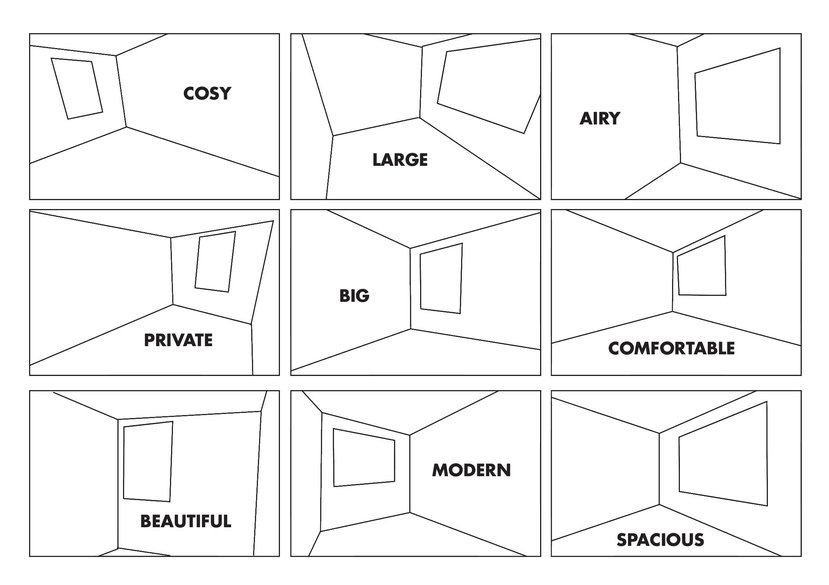
In Common: New Alliances for Owning, Sharing and Dwelling in London
The advance of distributed computing research in the United States during the 1990s laid the groundwork for the emergence of a new peer-to-peer information exchange culture. Fusing these technological developments with one of the steepest increases of house prices in the period 1990-2008 resulted in a new practice of subletting we know today as the sharing economy. Platforms became particularly popular for listing surplus home space, initially in America after the burst of the housing bubble in 2008, and later worldwide.
The research suggests a critique of this phenomenon as an entry point to the broader question of financialisation of housing in London. Drawing on economic anthropology, it explores cultural incentives behind that condition, such as contemporary notions of home ownership, and their spatial affordances. The work also challenges financialisation related design limitations by exploring alternative ownership models, their economies and architecture. Although sharing platforms today seem to be problematic, the research speculates on their potential in supporting the emergence of other alternative economic alliances or ‘sharing economies’.
The likelihood that housing accessibility issues would only escalate with time, especially in the face of pressing global challenges, such as population growth and climate-driven shifts, calls for an even stronger urgency to look for new forms of owning, sharing and dwelling.
